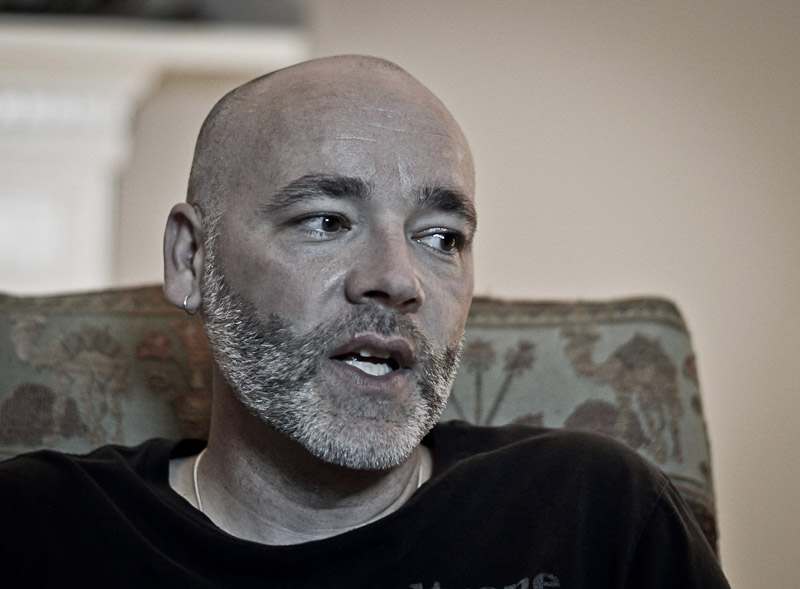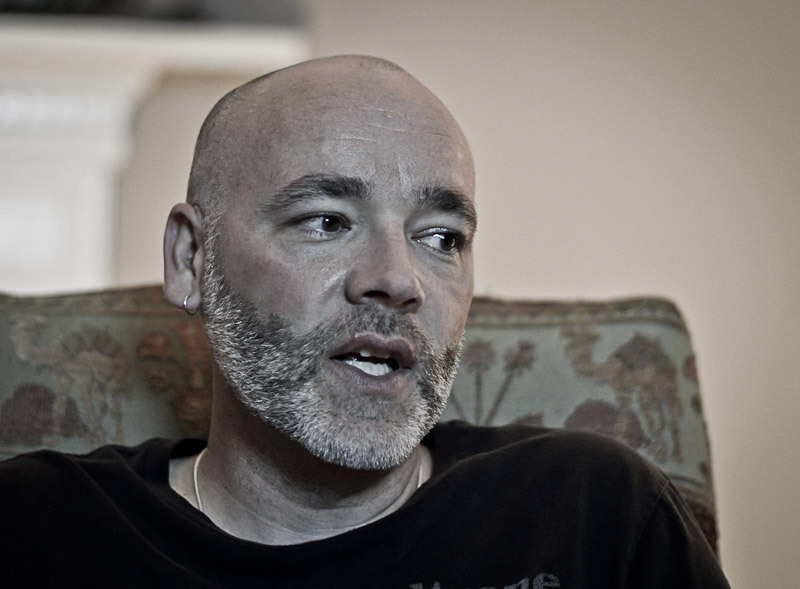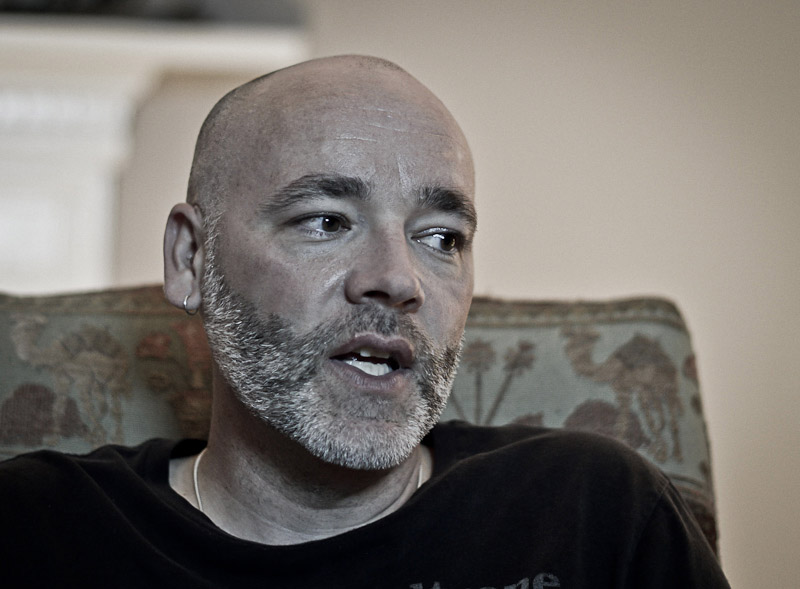Would-be angels, rejected or returned
to earth, ever eager to share their secrets—
which, suspiciously, all sound the same—
tend to talk about that white light
we’ll all stride toward, transitioning
from here to there, the strangeness
of dead lovers and famous names
(now friends) guiding them forward,
into some impossibly bright beacon.
And why does it always have to be white?
A white god with a white beard dressed
in white (never mind the poor souls
taught to run the other way whenever
they saw men in white robes), looking
like a slick car salesman saying No way
I can make a better deal on this trade-in.
Or consider the revelation of Malcolm X,
reading the dictionary from start to finish
as he bided time in the purgatory of prison,
unlearning what it takes to stay on the right
side of iron bars, figuring out as he did why
they say those who win write our history,
and why white makes right and the wrong
people get blackballed—according to a code
baked into words by the white pie in the sky:
a place where all will be revealed, baptizing
non-believers with the light of white, hot fire.
What did Albert Ayler see when he wept
into the East River, that night he disappeared
forever, having been driven more than halfway
to distraction by the voices that wouldn’t stop,
and why didn’t the Lamb of God put bread inside
his basket when he played the ecstasy of saints
marching in? Did he see a reflection—of himself
or the absent savior who died for his sins—or else
the void of all color & sound as a weary moon hid
behind the clouds, unwilling to witness one more
force majeure (holy ghosts keeping off the record)
amongst martyrs, the Devil, and the deep blue sea?
(*Avant-garde saxophonist Albert Ayler made albums at once decidedly—even provocatively—non-commercial, yet deeply spiritual and ecstatic, and like many other jazz musicians, despite being critically acclaimed, he ceaselessly struggled to make a living. In 1969 he wrote an open letter describing his apocalyptic visions and, after being asked why he was wearing a fur coat with his face covered in Vaseline in the summer heat, replied “Got to protect myself.” Ayler was found dead in New York City’s East River on November 25, 1970, a presumed suicide.)

Sean Murphy is founder of the non-profit 1455 Lit Arts, and directs the Story Center at Shenandoah University. His chapbook, The Blackened Blues, was published by Finishing Line Press in 2021. His second collection of poems, Rhapsodies in Blue was published by Kelsay Books in 2023. His third collection, Kinds of Blue, and This Kind of Man, his first collection of short fiction, are forthcoming in 2024. He’s been nominated four times for the Pushcart Prize, twice for Best of Net, and his book Please Talk about Me When I’m Gone was winner of Memoir Magazine’s 2022 Memoir Prize. Visit seanmurphy.net



